Call for 'good will' as Iranian nuke negotiator meets Putin
 Russian Foreign Minister Sergei Lavrov called on Saturday for 'good will' on all sides as President Vladimir Putin met Iran's top nuclear negotiator for talks on Tehran's controversial nuclear program.
Russian Foreign Minister Sergei Lavrov called on Saturday for 'good will' on all sides as President Vladimir Putin met Iran's top nuclear negotiator for talks on Tehran's controversial nuclear program.
Speaking after the talks between Putin and Ali Larijani, the Russian minister said Iran would continue to study proposals from the six world powers seeking to dissuade it from pursuing sensitive nuclear research.
"Iran has responded to these proposals and we think that in showing its good will, there is a possibility, beginning with the proposals of the Six and taking Iran's response into account, to find an acceptable basis for talks to restart."
"In the days ahead, we will continue our contacts with the Six, which have proposed to Iran ideas which serve as the basis for the beginning of negotiations," Interfax quoted the Russian minister as saying.
Lavrov was referring to proposals by the five permanent members of the UN Security Council and Germany -- the Six -- which offer Iran economic enticements in exchange for a suspension of its nuclear program.
The talks at Putin's country retreat outside Moscow follow Larijani's warning on Friday, the opening day of his Moscow visit, that a draft UN sanctions resolution by European negotiators could make Iran reconsider its co-operation with UN nuclear monitors.
Larijani was also expected to relay an invitation to Putin to meet Iranian President Mahmoud Ahmadinejad in Tehran before the end of the year, Russian media reported.
Both Iran and Russia "proceed from the position that a decision on Iran's nuclear program is possible only through the process of negotiations," Larijani had told reporters after nearly six hours of talks on Friday with Russian Security Council head Igor Ivanov.
"Adopting the resolution on Iran's nuclear program will not help a political solution to this question," Larijani said.
Major European powers have presented a draft UN resolution mandating tough sanctions on Iran's nuclear and missile programs, including travel bans and financial restrictions on Iranian researchers working on the programs.
Russia, one of the permanent UN Security Council members along with Britain, China, France and the United States, has said the draft sanctions are too tough on Iran and proposed major amendments to soften them.
Before the talks on Saturday, Interfax said Putin and Larijani would discuss "areas of co-operation between Iran and Russia and regional and international problems" during their meeting.
Larijani warned on Friday: "We will review our relations with the IAEA (International Atomic Energy Agency) if the UN adopts the European resolution without the amendments proposed by Russia," according to Russian news agencies.
Even if Russian amendments are included, they "will not make Iran change its mind" about developing nuclear power, Larijani said.
The United States and the European Union suspect Iran of using its budding civilian nuclear energy program to mask atomic weapons work and have spearheaded international pressure for tough measures against Iran.
Tehran denies having military plans, insisting its nuclear activities are legal and strictly for energy purposes. The country's nuclear program remains under supervision of the UN inspectors from the IAEA.
Lavrov on Saturday reiterated Moscow's position that the Iranian nuclear issue should be "based on professional judgements, de-politicised and without preconceived ideas of experts" of the IAEA.
Larijani's Moscow talks were also expected to dwell on the civilian nuclear power plant Russia is building for Iran at Bushehr, which Washington fears could be used as a cover for weapons-related enrichment of nuclear fuel.
Russia has repeatedly delayed the opening of the plant, currently scheduled for fall 2007, drawing expressions of frustration from Tehran.
Sergei Smatko, head of Russian nuclear constructor Atomstroyexport, said this week that the company would review progress toward the scheduled date later this month.
Larijani has also reiterated Iran's openness to a Russian compromise proposal under which uranium needed for any future Iranian nuclear programme would be enriched at Russian facilities, thereby preventing Iran from mastering the sensitive technology on its own soil.
"This proposal was never rejected and it remains on the negotiating table," he said on Friday.

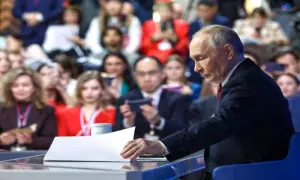
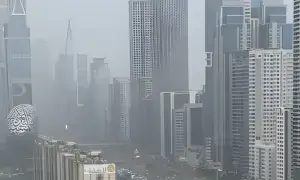
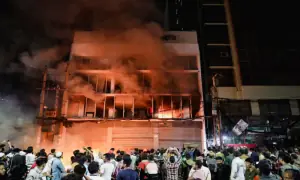


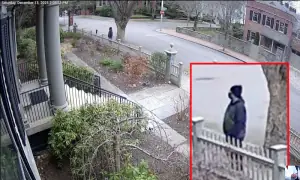

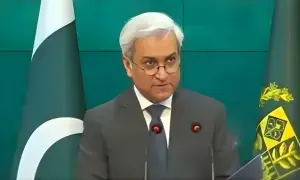
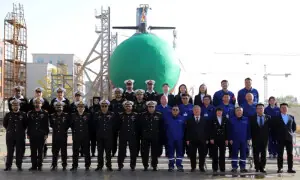
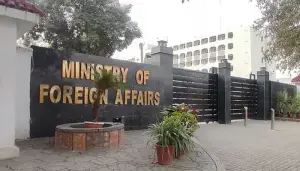
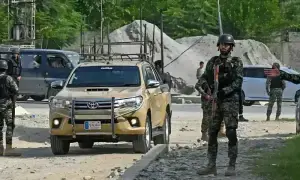
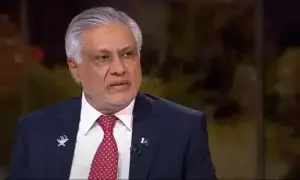
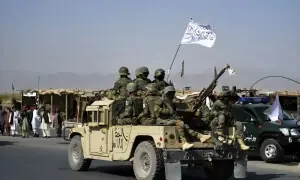
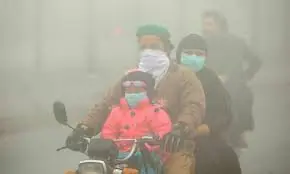
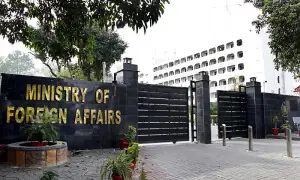
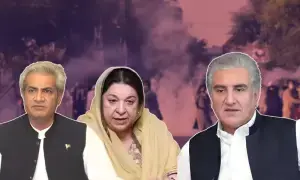
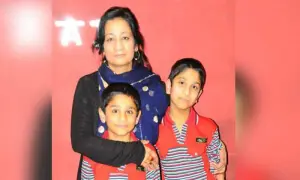
Comments are closed on this story.